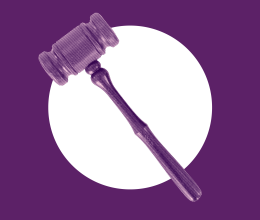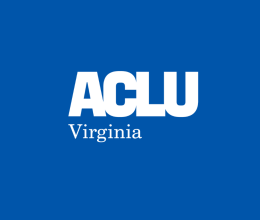
As Passover and Ramadan are coming, the ACLU of Virginia sent letters to supervisors at all Virginia state prisons and local and regional jails to remind each facility manager of their legal obligation to accommodate inmates’ religious traditions, including accommodation of dietary restrictions, an important part of some religious observances.
“Under the First Amendment of the Constitution and under Section 3 of the Federal Religious Land Use and Institutionalized Persons Act (RLUIPA), you must allow inmates to observe Ramadan and Passover, including providing adequate meals and meal timing for inmates,” stated the letter. “Similarly, the Virginia Constitution and Virginia state law prohibit any government entity from 'substantially burden[ing] a person's free exercise of religion even if the burden results from a rule of general applicability.'”
The tenets of Islam require fasting from sunrise to sunset for thirty days, but do not limit food consumption between sunset and dawn. Facility supervisors should provide people in their custody with a morning meal that is served and eaten before dawn. After sunset, people should be provided with an evening meal and a bag meal that can be taken back to their cell or living area for consumption later in the evening.
Relatedly, the tenets of Judaism require observers to follow specific dietary rules related to their food consumption. Jewish tradition requires adherence to Passover kosher rules, which include to refrain from eating certain meats, to ensure meats and dairy are not prepared or eaten in combination, and to avoid leavened bread. Observers may also be required to fast.
The ACLU of Virginia asks each facility manager to comply with the law and ensure that people in prisons and jails receive the appropriate accommodations required for their observance of Ramadan and Passover.
You can read the full letter below.


